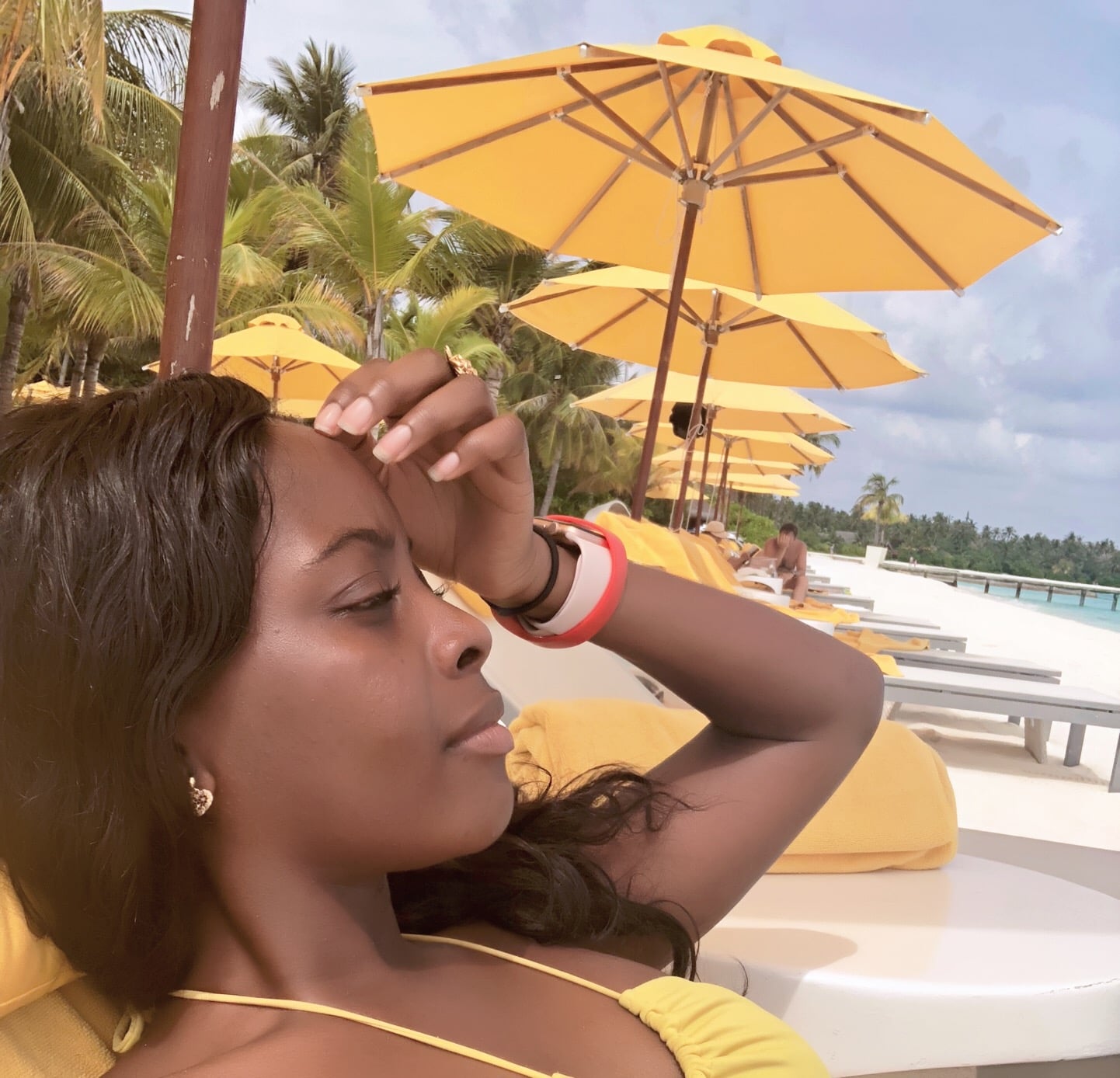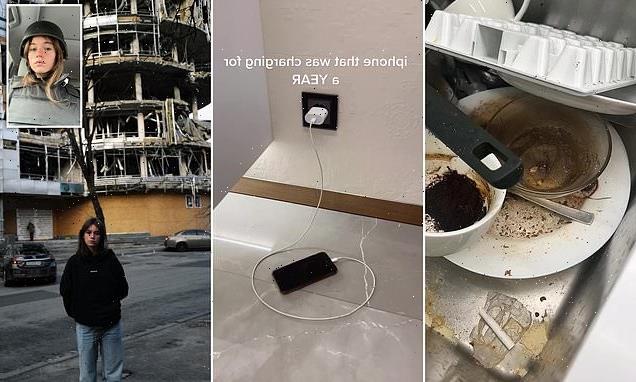I am in my 30s, and for most of my life, I’ve had to deal with questions pertaining to my race. Even growing up in a multi-cultural city like London comes the responsibility of explaining why my hair is “different,” or responding when people — from complete strangers to good friends — comment on my skin tone in the summer.
“You don’t really have to sunbathe,” a friend told me recently. “You’re dark enough.”
“You don’t exactly need a tan,” a boss once said in response to my weekend plans to hit the beach.
“Excuse me, do you have to use sun protection?” a European man asked me last year at a beach club in Dubai. I was on vacation and therefore in a good mood, so I went on to explain what I’m about to tell you now: hell yes. Black people need sunscreen, too.
I don’t always feel the need to educate people on why they shouldn’t make such comments, but I was rather alarmed at his burnt red skin, and thought he’d be a good person to tell his friends back home about the importance of sunscreen. He wasn’t rude, but at this stage, everyone knows how to Google — which, apparently they are, judging by the suggested results I got when typing in “do black. . .”
Why Do Black People Need Sunscreen?
The sun is attracted to anything dark. “If you’re in a black car or white car, which car will feel hotter [after sitting in the sun]?” asks Bianca Estelle, founder of bea Skin Care and former skin-care specialist in London. “The black car, because UV rays and light are attracted to pigment.”
While it’s true someone with lighter skin might have to lie around all day to only emerge with sunburn, darker skin is in fact more prone to things like sun damage, skin cancer, and hyperpigmentation. In fact, the answer to the question, “do Black people get sunburned?” is yes, although it might take longer amounts of time in the sun, which means people might spend even more time without noticing the signs of damage. Because people of color often assume they are not at risk of such things, their skin cancer tends to be diagnosed at a more advanced stage, and patients often face a bleaker outcome. (The five-year survival rate for African Americans is 73 percent, compared with 91 percent for Caucasians, according to the American Academy of Dermatology.)
“So, yes, we do need to wear sun protection every day and more so than a paler skin type because sun is attracted to pigment (also known as melanin),” says Estelle.
Beauty ideals vary between countries and I’m reminded of that whenever I travel. In some parts of the world, people flock to the beach and strip down to their underwear at the first glimpse of spring; in others, people don’t want to get dark so they keep an umbrella on hand at all times in case that cloud shifts a little.
One warning to keep in mind, however, is that the the sun can wreak havoc with problem skin for all people of color. “If we have a dark blemish ranging from red to dark brown, again the sun will just be drawn to that and make it even worse,” says Estelle. “When my clients complain about pigmentation, the first thing I ask is if they’ve been wearing sun protection. Your first call to action is sun protection.”
Think of it this way: if two people are embarrassed, and the lighter person got visibly red from embarrassment but a darker person did not, does that mean the darker person is also not embarrassed? Of course not.
Source: Read Full Article




